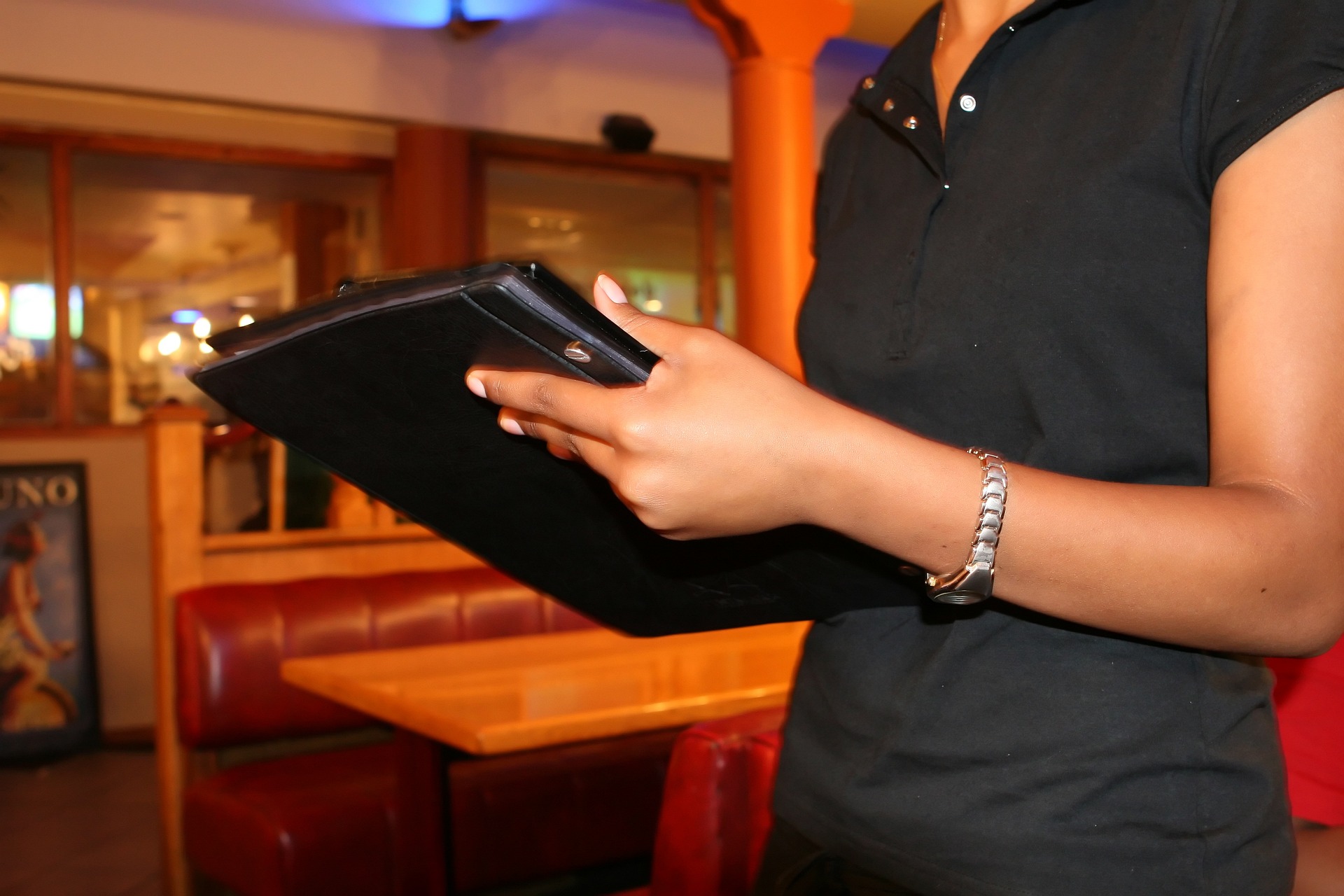One of the most common concerns we hear from visitors regards tipping in Hawaii. Who should be tipped? When? How much? Food and beverage industry workers should be tipped, certainly. Parking valets, too. Leaving a few bucks for the cleaning staff at your hotel/resort/vacation rental is also a fine way to express your aloha for the people who make your Hawaii vacation experience enjoyable.
As a working musician for pretty much my entire life as an adult (yes, I’m using the term “adult” loosely), I’ll also offer that tossing some cash in the tip jar of a solo act or group makes a difference and always means something to the players. No bills? No problem. A host of Hawaii venues offer drink tokens for purchase to dole out as you see fit. Buy the band a round. Many people, like me, rarely use cash. Savvy musicians are now using Venmo and other services to leave electronic tips. Progress!
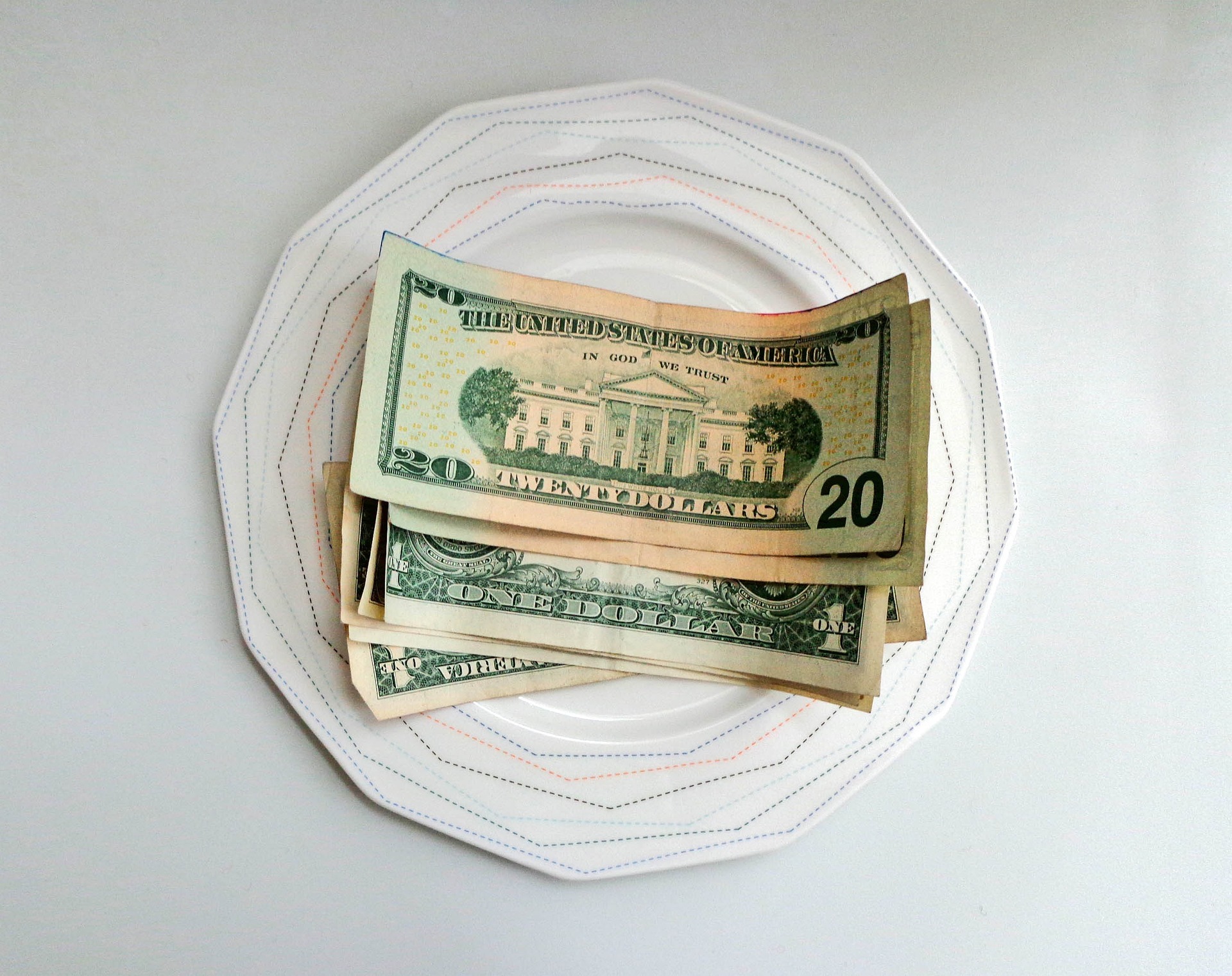
Tipping in Hawaii matters
But we’re going to explain the “why” of tipping in Hawaii during your vacation. To do that, I offer two examples of stalwart service industry workers. These are friends of many years whom have seen the best and worst of customers in their combined, four-plus decades in the industry.
First is Brent Clem, a bartender at my local by day and a surfboard shaper and maker just about any other time he’s not feeding and watering his patrons. Brent is from Minnesota. His first go on a surfboard was at 13 years old, a lesson at “Tongs” a surf spot at the eastern end of Waikiki’s Gold Coast. He returned to surfing at 18, in the frigid waters of Lake Superior near Duluth at spots named Park Point and Lester Rivermouth.
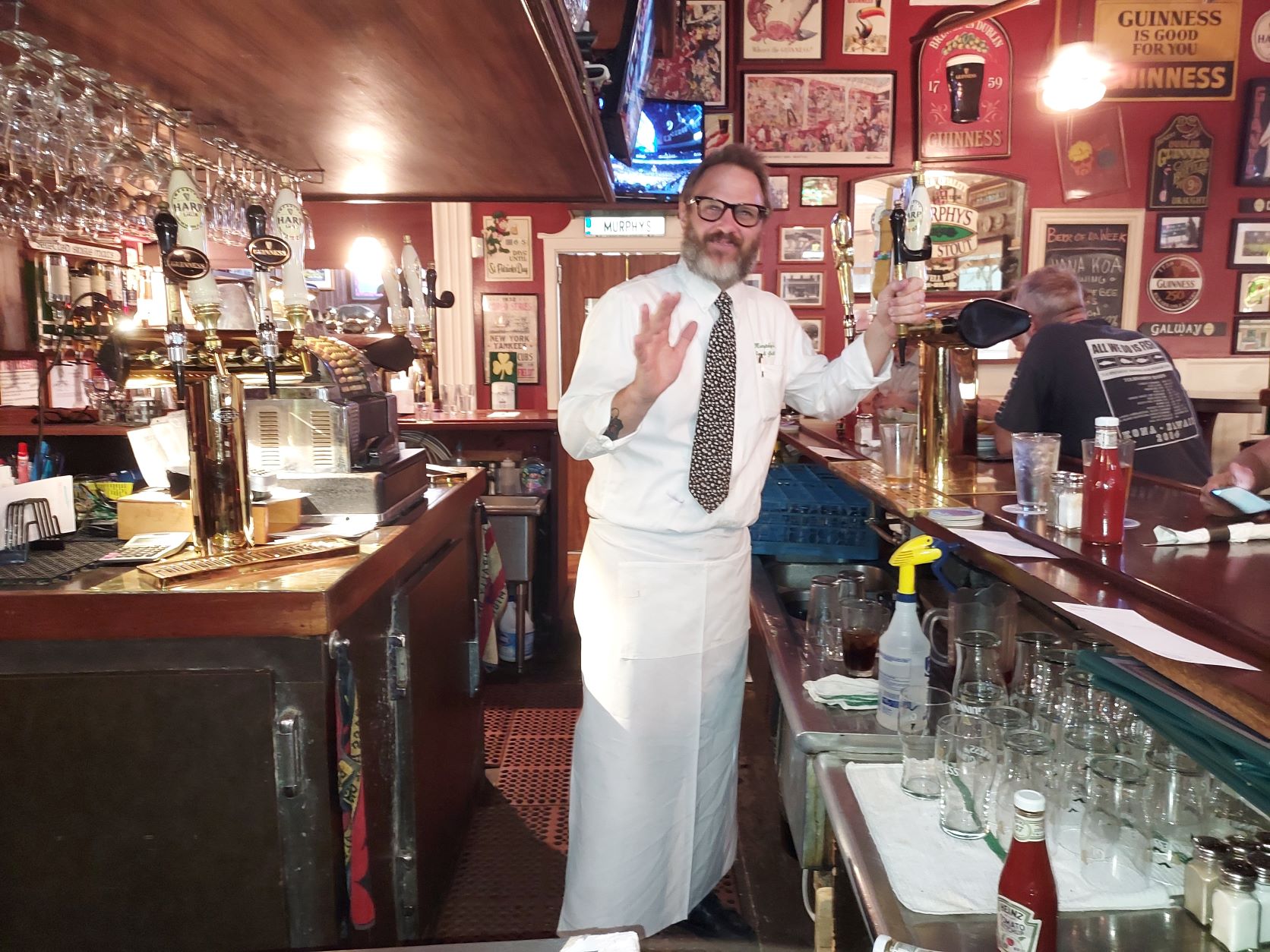
Brent moved to Hawaii in 2004 and began working in the shop of a local board shaper, learning the subtleties of line and curve and volume and rocker: the essential DNA of a great surfboard. Recently married (two years, I believe), Brent opened his own shop recently with a nest egg he’d nurtured while clocking countless hours behind the bar. He now designs boards, shapes them by hand, creates art to adorn the shapes, and applies the fiberglass and finishing touches. It’s a meticulous process start-to-finish.
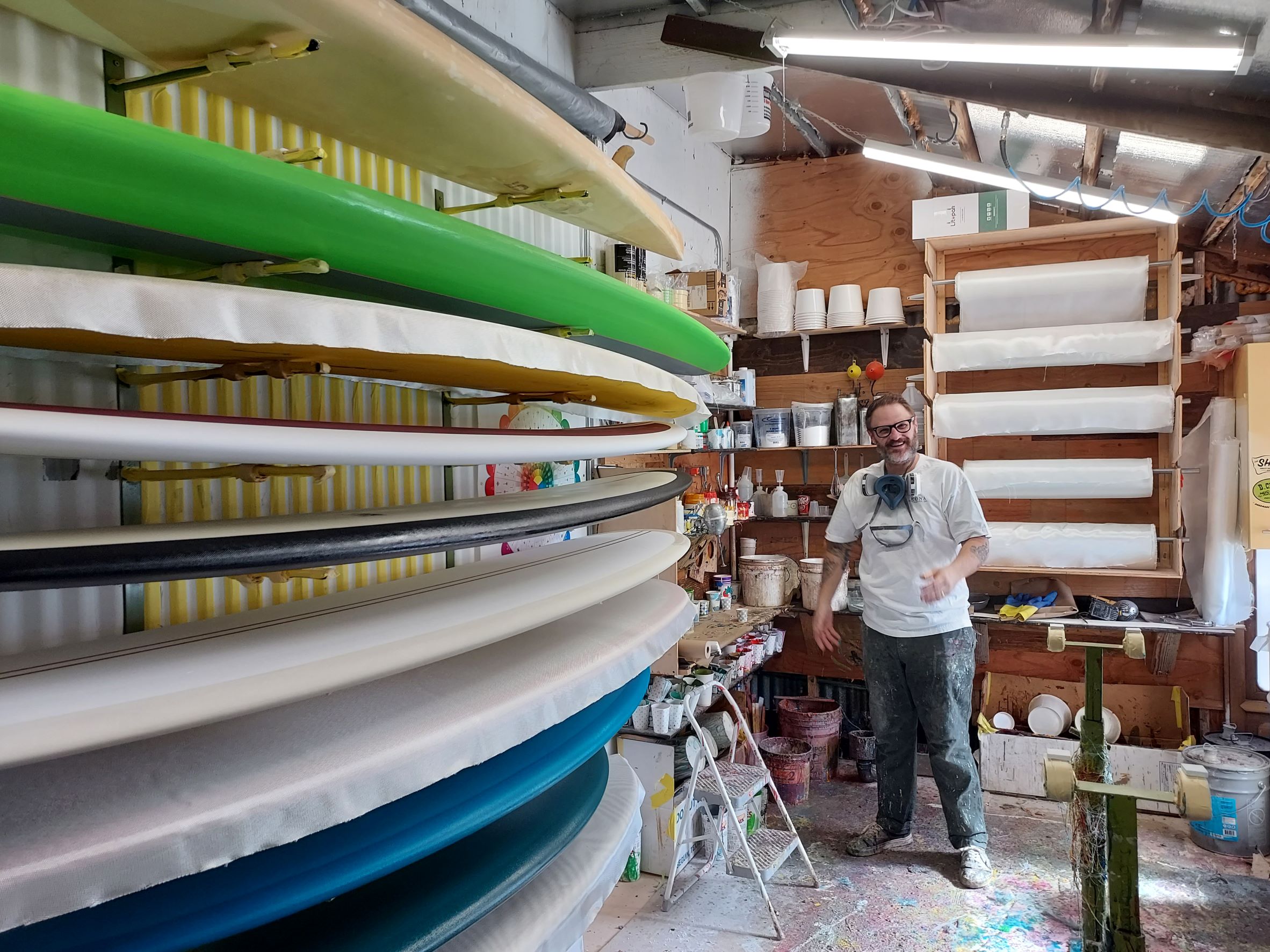
It’s also a highly competitive industry, particularly with the advent of CGI design and newer innovations like 3-D printing. But Brent is undeterred and committed to his dream. He’s given up a couple of shifts to make more time for the shaping room, but still holds down the lunch hour at one of Downtown Honolulu’s most popular restaurants. Why does he keep those shifts? It’s simple, really.
“These shifts help me keep the lights on at the shop.”
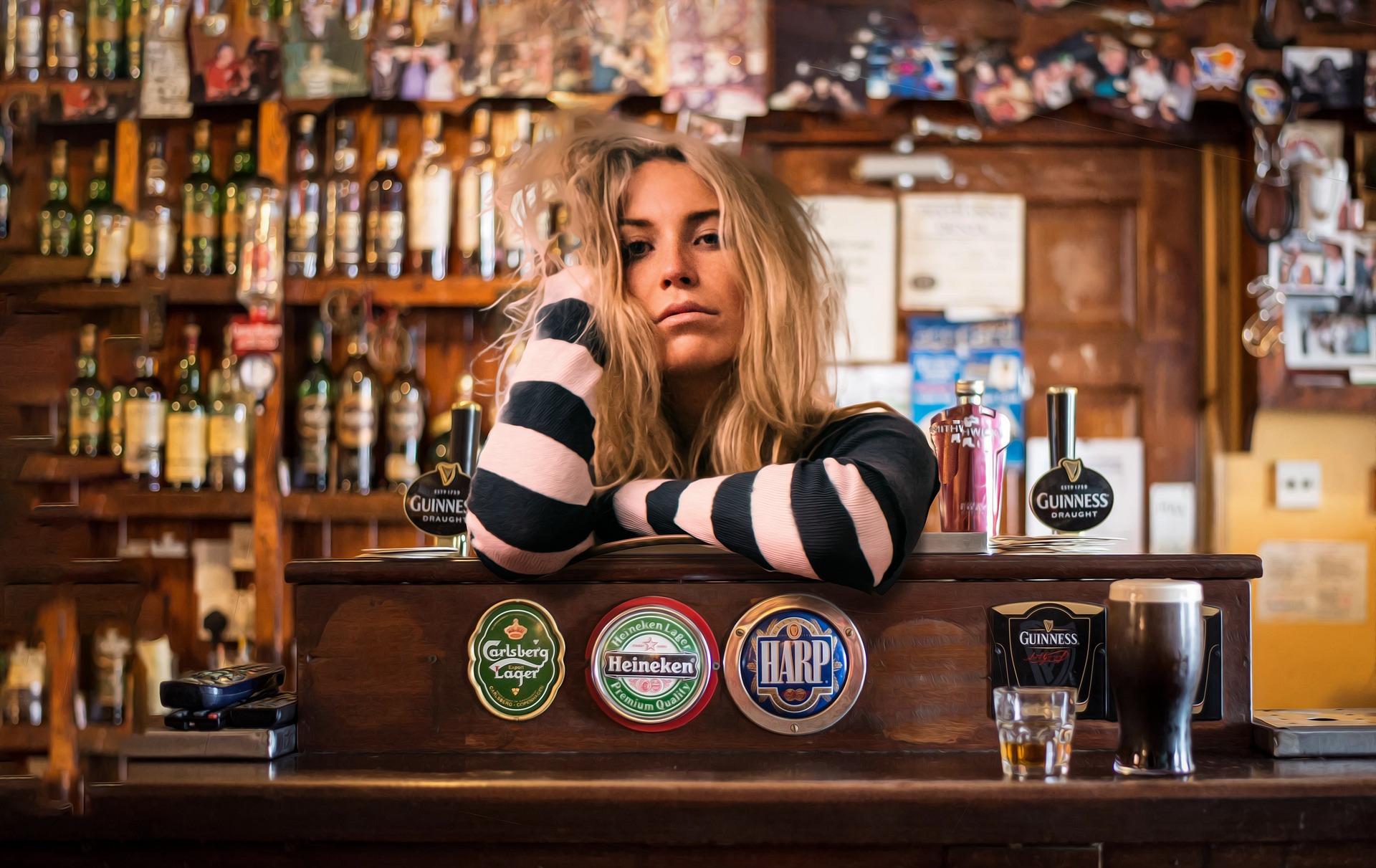
Making ends meet
Another friend, Nancy, has been a public school teacher on Oahu for more than 20 years. During most of that time, she’s also worked nights as a server in a handful of busy restaurants. A single mother, she’s worked at night to make ends meet. The extra income helped her raise her son and send him to college. And then graduate school. And then medical school. Working in the bar and restaurant industry was vital to the realization of her son’s dreams (and, obviously, hers too).
There’s no need to get into the reality of the exorbitant cost of living in Hawaii. It’s self-evident. “RevPAR” numbers and visitor industry occupancy rates are esoteric back-stories to high prices. What you pay for a burger and a beer is a lot easier to understand. Hawaii has been hit particularly hard by inflation. Everything costs more. You can fairly assume that your server or bartender has at least one other job, probably more.
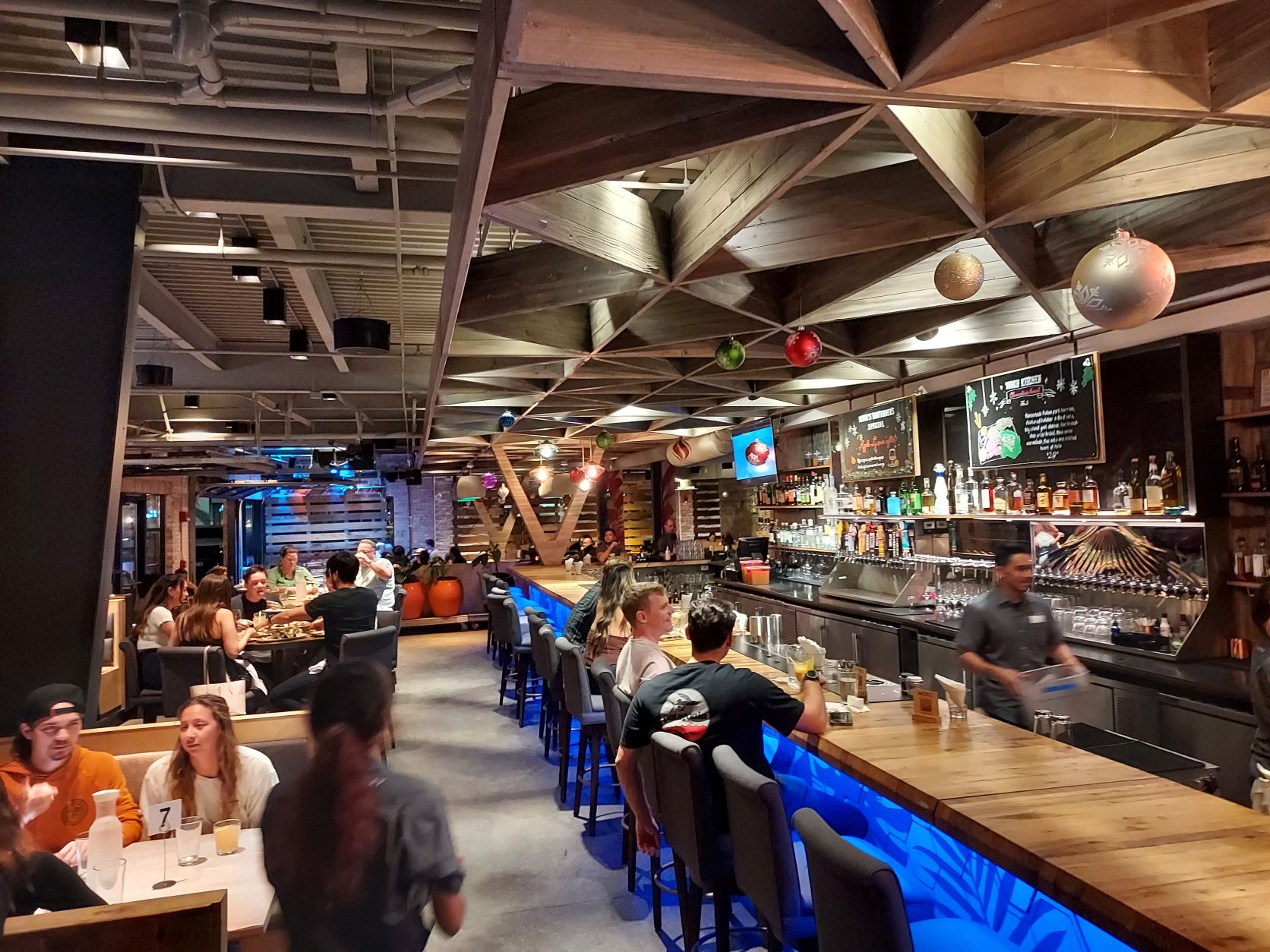
So when you are planning your Hawaii vacation budget, we’d suggest (and hope) you consider tipping in Hawaii part of it. Whatever your dining/entertainment budget is, we humbly submit that at least 15% of it be for tips. More, of course, is even better. Unless the service or food is objectively terrible (it happens), it displays a distinct lack of the very “aloha” you’ve come to experience to tip poorly or not at all.
When “just getting by” means having multiple jobs and long commutes, every little bit matters. As I’ve said thousands of times from stages all over Hawaii and across the US, “Tip your server!”

